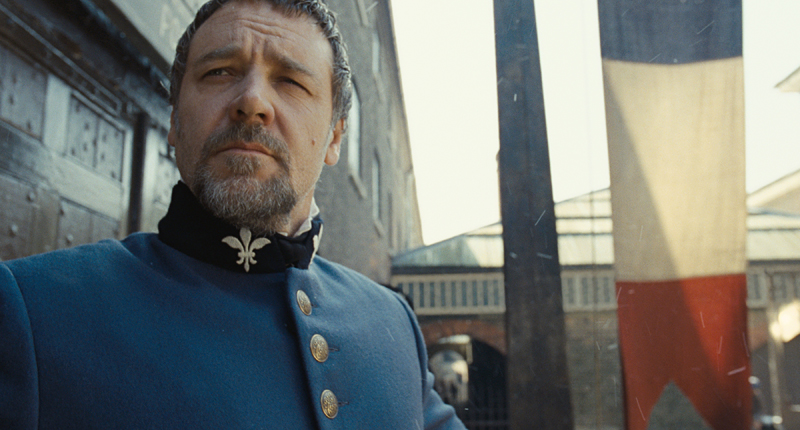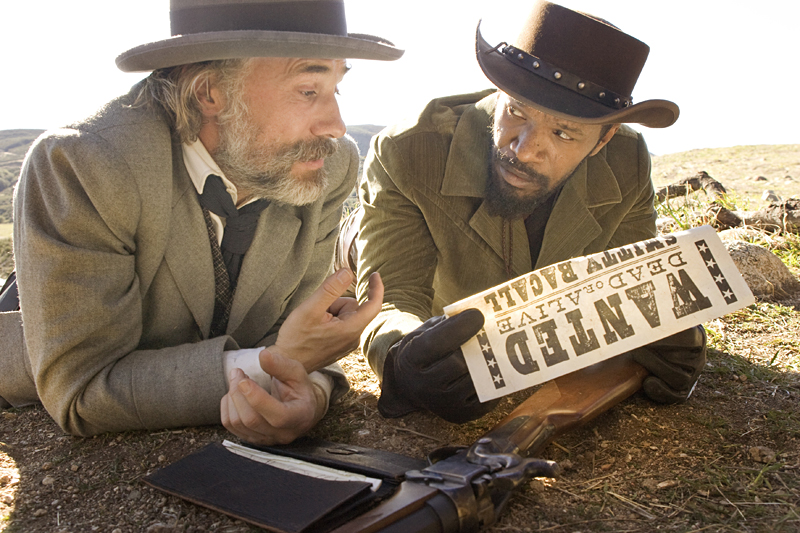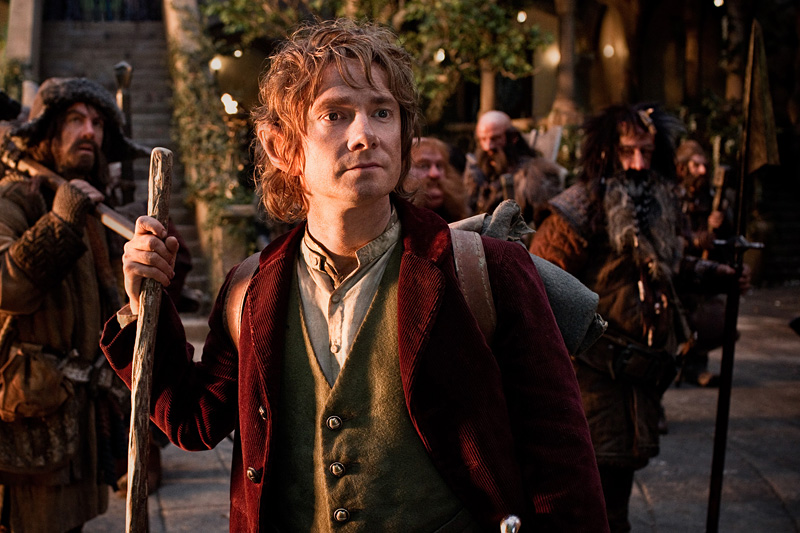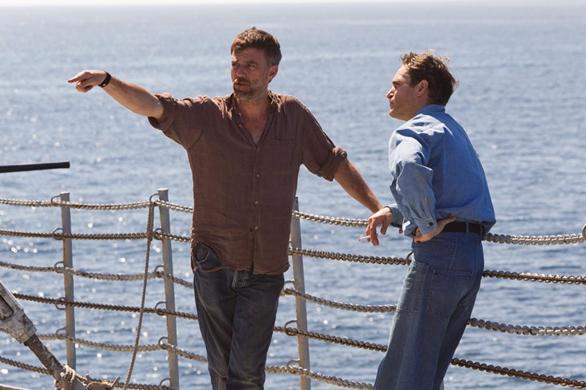You can hear the people sing—really hear them—in the long-gestating screen version of that Broadway juggernaut Les Misérables. Countering the standard practice of having the actors in a film musical lip-synch their songs to prerecorded tracks, director Tom Hooper (The King’s Speech) insisted that all the singing in his Les Mis happen live on the set, in the moment, with hidden earpieces allowing the actors to hear the orchestrations. The result is a movie musical unlike any you’ve heard before: Real voices emerge in real time, complete with assorted tremors, gasps for breath, and other “imperfections” of the sort typically smoothed away in the studio.
The live singing is but one part of Hooper’s concerted effort to inject grit and verisimilitude into Les Mis—a lofty strategy that has become folly by late in the film, when the proletarian hero Jean Valjean (Hugh Jackman) sloshes through the sewers of Paris with the body of the wounded revolutionary Marius (Eddie Redmayne) slung across his mighty shoulders, both men caked in human excrement. For the more Hooper tries—and oh, how he tries, ratcheting the filth amp to 11 and shooting almost everything with an arsenal of wide-angled, hand-held cameras—the more the source material’s moist-eyed storybook romanticism proves resilient to his efforts.
It’s doubtful, after all, that realism—or any semblance of it—is what audiences were seeking when they turned the 1985 British stage production into a blockbuster. Liberally inspired by Victor Hugo’s 1862 novel, Les Misérables the musical boils down Hugo’s panoramic study of the underclasses between the end of the French Revolution and the failed Paris uprisings of 1832 to a series of noble peasant heroes, cardboard villains, and star-crossed lovers belting out sound-alike anthems about the resilience of the human spirit.
Onstage, Les Mis has about as much to do with Hugo as Rent has to do with Puccini, but it has undeniable kitsch appeal. Onscreen there are fewer pleasures, though the opening moments are undeniably impressive in an old-fashioned, epic-monolithic way, as the camera drifts up from underwater to reveal Valjean and a chain gang of prisoners hauling an enormous ship into port under the crash of waves and the glower of police inspector Javert (Russell Crowe). Later, when a paroled Valjean jumps bail and flees through a snow-capped mountain expanse, the film exudes a wide-open physical grandeur not often seen in musicals. There are a handful of other show-stopping moments along the way, though I’m not sure if the most-discussed of them—Anne Hathaway’s rendition of the tortured ballad “I Dreamed a Dream”—stops the show for the right reasons. The impassioned lament of Fantine, a fired factory worker forced into prostitution to support her illegitimate daughter, “I Dreamed a Dream” is already emotional pornography of the first order, made more so by Hathaway’s borderline-hysterical interpretation.
Yet it’s hard to place too much fault on the direction of a movie that feels less like an exercise in filmmaking than in careful brand management. Once upon a time, directors entrusted with bringing some popular work of theater or literature to the screen were allowed to be creative, to reshape and adapt as they saw fit.
But in today’s Hollywood, where “pre-awareness” reigns supreme and the rights-holders of underlying properties retain ever more say in the adaptation process, writers and directors are increasingly reduced to the level of corporate lackeys. Occasionally a filmmaker will still be given major leeway to reinvent a well-known character or franchise (as Christopher Nolan was for his Batman films), but more often—whether it’s Twilight or The Hunger Games or The Girl With the Dragon Tattoo—the clear mandate is to cater to the base, and Les Mis is no exception. Try as Hooper did to make this movie his own, the only real changes he was allowed were cosmetic and stylistic, and even smeared in shit, these gleaming icons cannot be dulled. The dream lives, but this movie remains in chains.








